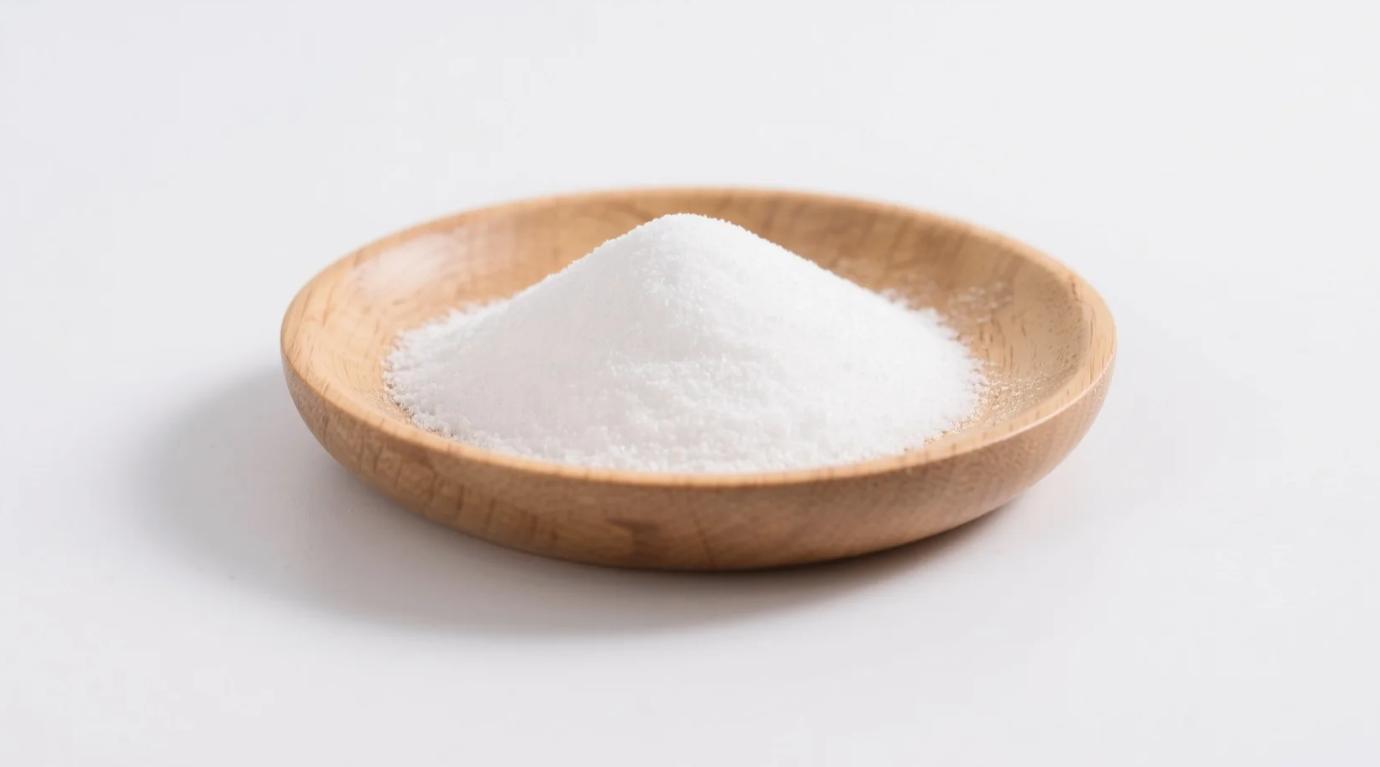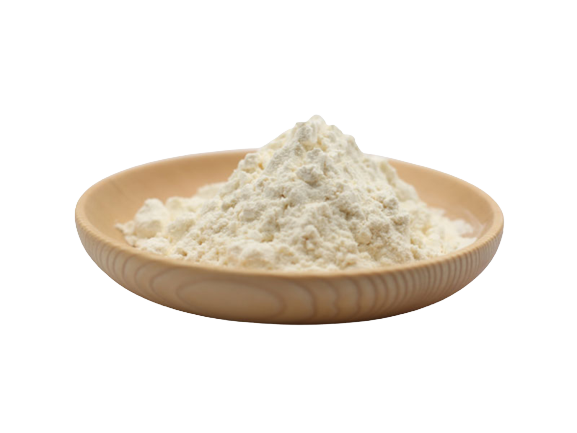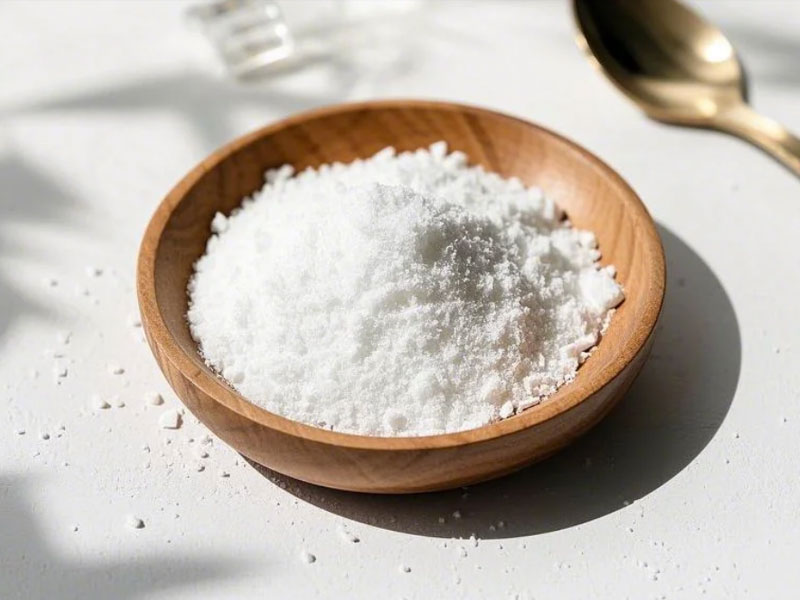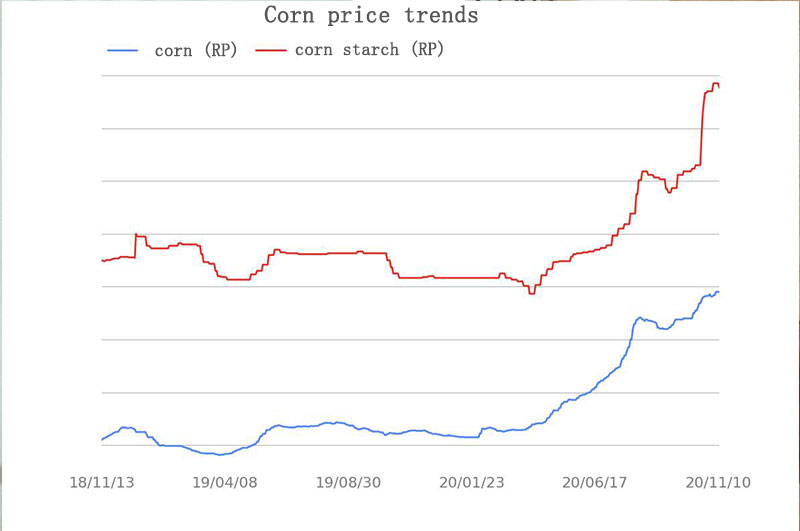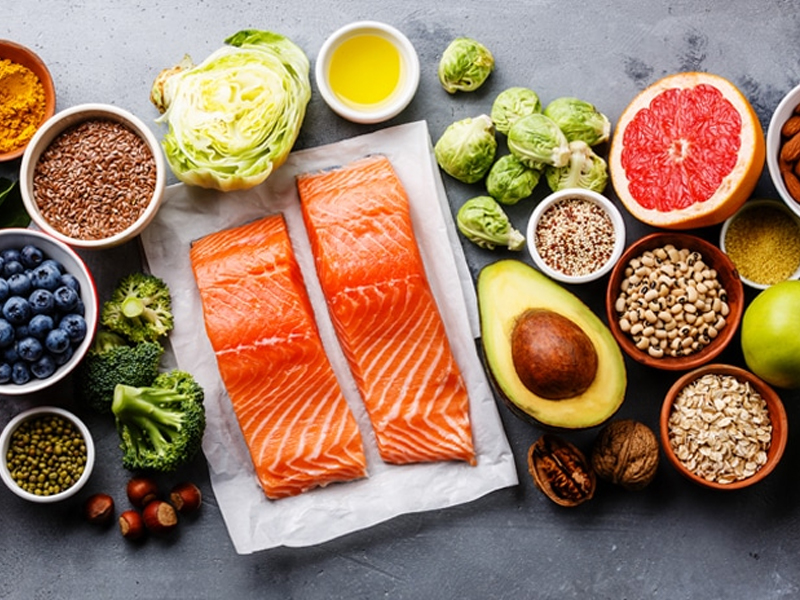The clean-label movement is no longer a niche trend—it’s the new global standard in food production. Consumers are reading ingredient lists carefully, avoiding artificial additives, and demanding natural, minimally processed, and organic ingredients. For food and beverage manufacturers, this shift requires reformulating products without sacrificing taste, texture, or shelf stability.
In this evolving market, organic allulose powder and syrup (also known as D-psicose or rare sugar) are becoming a top choice for brands that want to stay competitive and future-ready.
The Rise of Clean-Label Expectations
Modern consumers want transparency. According to industry reports, more than 65% of global consumers prefer products labeled as “natural” or “organic.” However, replacing refined sugar and artificial sweeteners is challenging, since they play vital roles in sweetness, mouthfeel, and product stability.
That’s where organic allulose steps in — it provides natural sweetness with sugar-like functionality, enabling manufacturers to maintain product quality while achieving clean-label goals.
What Makes Organic Allulose Clean-Label Friendly?
- Naturally Derived Origin
Organic allulose is a naturally occurring rare sugar found in fruits like figs and raisins. It is produced through enzymatic conversion of organic fructose, without synthetic chemicals or artificial additives. This allows manufacturers to use a truly natural, plant-based sweetener in their formulations. - Minimal Processing
Both organic allulose powder and syrup are made using gentle, enzyme-based processes that preserve purity and nutritional integrity — perfectly aligned with clean-label standards. - Recognizable Ingredient Name
Consumers recognize “allulose” as a simple, understandable ingredient, unlike technical or chemical-sounding sweeteners (like aspartame or acesulfame K). This boosts label transparency and consumer trust. - Organic Certified & Non-GMO
Organic allulose meets USDA and EU organic standards, is non-GMO, and suitable for vegan, kosher, and halal applications — essential certifications for international B2B buyers.
Functional Benefits That Support Product Innovation
Clean-label doesn’t mean compromising performance. Organic allulose provides critical functional properties that make it suitable for a wide range of applications:
- Bakery: Browning, moisture retention, and volume improvement in cookies and cakes.
- Beverages: Smooth sweetness and high solubility without crystallization.
- Confectionery: Prevents sugar crystallization and maintains chewiness in gummies and chocolate.
- Dairy & Frozen Desserts: Enhances texture and freezing stability in ice cream and yogurt.
- Nutrition Bars & Snacks: Adds bulk and chewiness without excess calories.
With these properties, organic allulose supports the development of clean-label, low-sugar, and keto-friendly products that meet today’s consumer needs.
B2B Benefits for Manufacturers
For manufacturers and R&D teams, switching to organic allulose offers multiple strategic advantages:
- Regulatory Alignment: Helps meet “reduced sugar” and “clean-label” product claims in global markets.
- Formulation Flexibility: Works well alone or in combination with natural sweeteners like stevia or monk fruit.
- Market Differentiation: Positions brands as leaders in health and sustainability innovation.
- Consumer Appeal: Clean-label + low-calorie = powerful marketing message for modern consumers.
From multinational brands to niche organic producers, companies are realizing that organic allulose provides a win-win combination of performance, consumer trust, and marketing potential.
Why Organic Allulose Is the Future of Clean-Label Sweeteners
The global clean-label ingredients market is expected to exceed $65 billion by 2027, with natural sweeteners leading the growth. As sugar reduction becomes a universal priority, organic allulose is set to become a key ingredient in next-generation food innovation.
By adopting organic allulose powder or syrup, food manufacturers can deliver better-for-you products that align with clean-label principles while maintaining the taste, texture, and stability consumers expect.
Organic allulose perfectly bridges the gap between clean-label formulation and sugar reduction innovation. It is natural, functional, and versatile, making it an essential ingredient for modern food and beverage manufacturers striving to meet health, transparency, and sustainability goals.
Related Products
Organic Fructose
Dual-Format Natural Sweetener for Clean-Label & Low-Glycemic Formulations
Organic Monk Fruit Extract Powder
Zero-Calorie Natural Sweetener for Clean-Label Food, Beverage & Supplement Applications
Organic Allulose Sweetener
Zero-Calorie, Natural Sweetener for Clean-Label Food, Beverage & Keto Formulations
